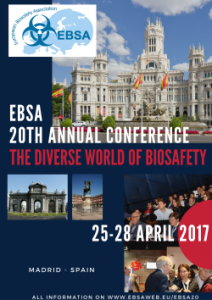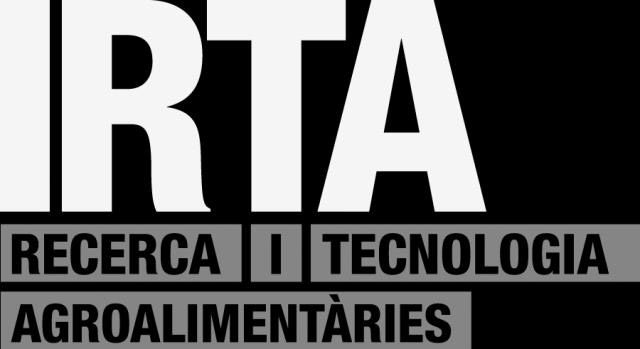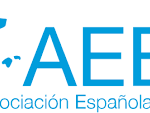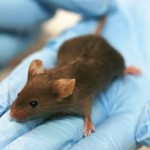EBSA Conference, the diverse world of biosafety

This week, from April 27th to 28th, the Twentieth EBSA conference, the European Biosafety Association, will take place in Madrid.
It will be, like all the previous ones, a multidisciplinary conference, highly transversal where, under the title “The diverse world of Biosafety“, many topics will be addressed, all of them with the guiding leitmotiv of biosafety; how to handle pathogens, more or less biohazardous; how to make facilities and processes safer, how to ensure biological transportation without contingencies, how to care and assist highly contagious infected persons, etc.
The congress, intense, and in which there will also be practical demonstrations of last generation equipment and materials, related to the activity, is split into a series of sessions:
- Biosafety in hospital settings where we will talk about the various adaptations made to assist Ebola infected patients in general hospitals or how to transfer Biosafety to health care.
- Biosafety and vector organisms, which will discuss how to deal with mosquitoes infected with biosafety level 3 viruses, haemorrhagic fever viruses such as Rift Valley Fever virus, West Nile virus or Chikungunya virus, and also Zika, or how to experiment safely with parasites.
- Ethics of Biosafety will discuss how to improve our capabilities to address biological risks and have a greater culture of bioprotection or what components or visions need to be applied to strengthen national bioprotection systems globally.
- The Applied biosafety (double) session will address how to prevent infection in laboratories and hospitals, for example with the search and selection of appropriate respiratory masks, and how to improve the capabilities of a biosafety organization in a developing country through the collaborative engagement with a donor institution, in a developed country. There will also be a talk on “technical accidents” and how to improve the approach to classify microorganisms into their corresponding risk groups, taking as an example the influenza A H5N1 viruses.
- The closing session will be for an issue that is always present in all minds, such as investigating incidents in laboratories to find out the root causes of the problems.

A congress, undoubtedly, very interesting, even with high profile in the media, because we will discuss public health issues, potential bioterrorist threats and how to address them, and issues related to a proper assessment of biological risks in a facility, which embraces from university laboratories to non-university laboratories, working with pathogens, but also hospital settings, pharmaceutical facilities working in development or production of vaccines, etc.
And at this congress, IRTA-CReSA will participate with a communication on how to work with infected arthropods in a biosafety level 3 containment facility. To be bitten or not to be bitten, here is the question. A summary of this communication will be discussed in the coming days.













